Public won’t cop heavy-handed Covid-style response again, report finds
The lockdowns, restrictions and mandates from Australia’s political leaders and health experts during the Covid-19 pandemic badly damaged the public’s trust, a major review has found.
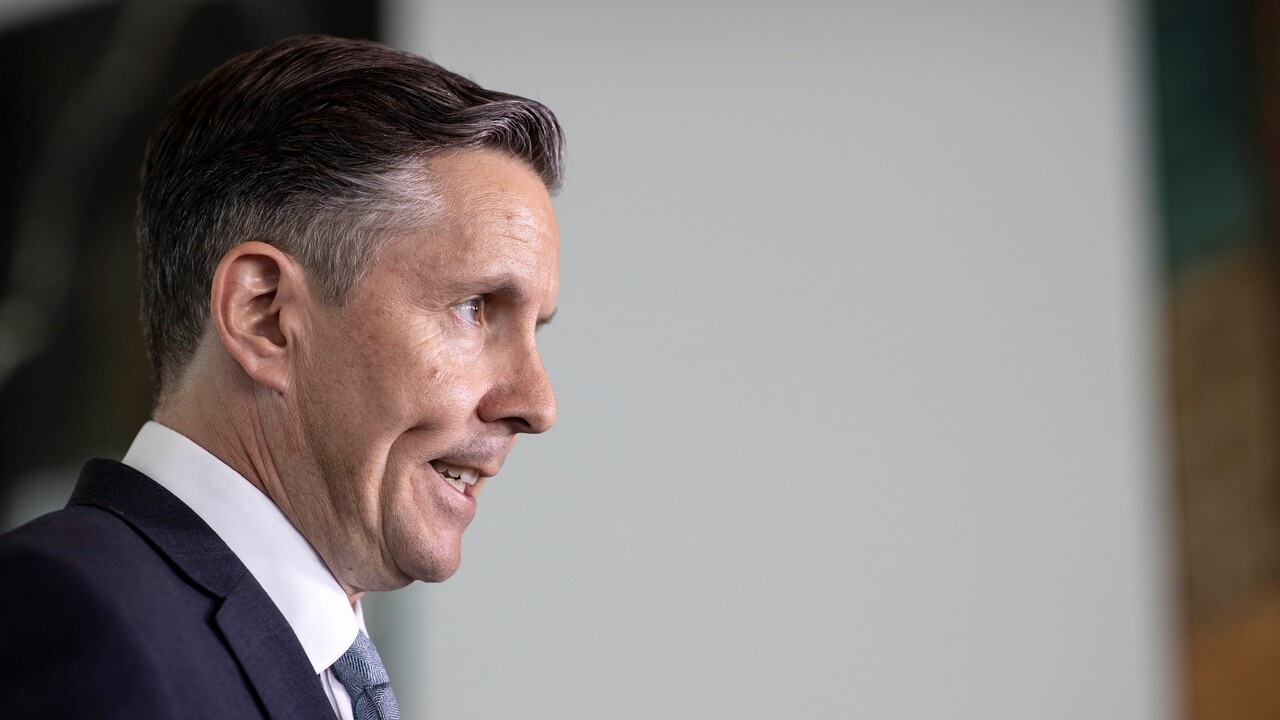
National
Don't miss out on the headlines from National. Followed categories will be added to My News.
Australia’s political leaders and health experts so badly lost the public’s trust during the Covid-19 pandemic they will be “unlikely” to accept restrictions during the next crisis, a major review has found.
The breakdown of national cabinet, failure to provide adequate evidence or rationale behind certain decisions, “heavy-handed” restrictions and the enforcement vaccine mandates all compounded a declining trust among Australians, according to the Commonwealth’s independent Covid-19 inquiry.
The report written by chair and former director general of the NSW health department Robyn Kruk, epidemiologist professor Catherine Bennett, and health economist Angela Jackson found people’s willingness to accept future pandemic measures would depend on their experiences during Covid.
“We cannot assume that the public will comply with similar restrictions in a future public health emergency,” the report released on Tuesday said.
It said “non-pharmaceutical interventions” like lockdowns and school closures must be “preserved as a finite resource for only the most judicious use”.
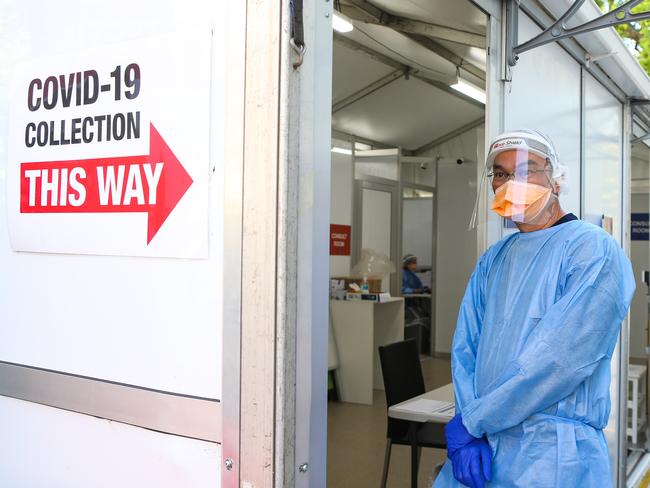
“There was uncertainty about when to switch off, or step down, non-pharmaceutical interventions,” the report said.
Australia ‘worse placed’ to deal with pandemic now
Health Minister Mark Butler said while the report was focused on future lessons rather than raking over individual past decisions, it “doesn’t pull its punches”.
Mr Butler said Australia right now was arguably “worse placed” to respond to another pandemic than in 2020, with reasons including a loss of health workforce and experienced bureaucrats due to “exhaustion” and the large decline in public trust.
The inquiry found pandemic responses that were viewed as “fair, compassionate, proportionate and transparent” were “more likely to maintain trust”.
“Achieving this requires governments to treat the public as valued, active partners in a public health response,” the report said.
“Specifically, governments should share the advice that underpins policy decisions and evidence that interventions are working, together with facilitating open dialogue and robust public debate.”
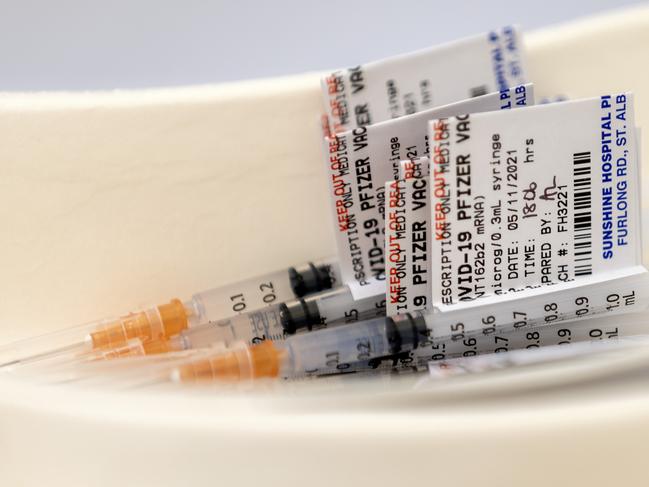
Break down in trust
Vaccine mandates had the “biggest negative impact on trust,” which has since contributed to non-mandated vaccine rates falling to “dangerously low levels”.
Different approaches across states and territories also lead to distrust, particularly those where these were “not easily explained, and no rationale was provided”.
“People also felt that restrictive measures became increasingly inappropriate over the long term and were too heavy handed and controlling, and that there was a lack of compassion and too few exceptions based on needs and circumstances,” the report said.
The review said the “unity of purpose” demonstrated by premiers and chief ministers during the initial phase of the pandemic “waned as the emergency continued” and “trust between leaders eroded”.
“Attempts by the Prime Minister to bring state leaders to agree to a reopening plan failed mid-pandemic, and this led to varied approaches being implemented,” it said.
The review found this led to a “questioning of the validity of supporting evidence at a time when trust in Australia’s leaders, as well as in the science behind Covid-19, was critical”.
The report also found different states’ prioritisation of health, social and economic considerations beyond the early “alert” phase of the crisis, also “undermined collective decision-making”.
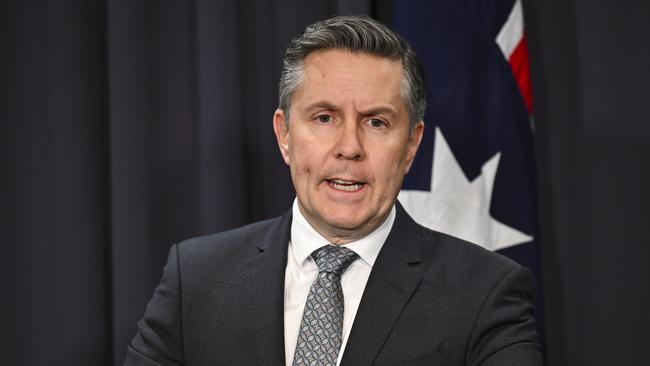
Economic fallout disputed
The report backed the creation of an Australian Centre for Disease Control (CDC) to become a “trusted and authoritative on risk assessment and communication, and a national repository of communicable disease data, evidence and advice”.
Mr Butler announced the federal government would commit $251.7 million to deliver a Canberra-based CDC, which was expected to be launched on January 1, 2026.
The report also found poor policy planning across federal and state governments wasted billions of dollars in unnecessary Covid payments, adding to national debt and put everyday Australians into a poor financial position.
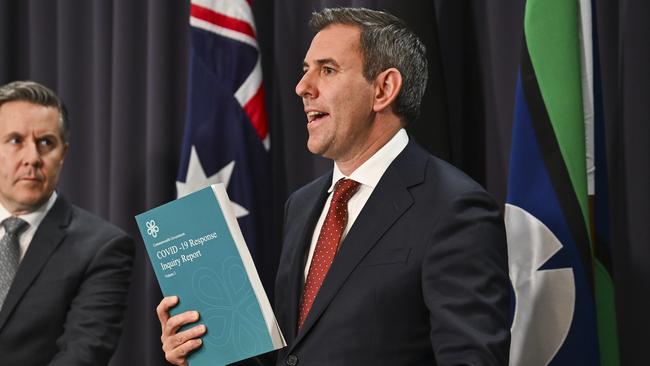
Treasurer Jim Chalmers said many of the “extraordinary policy measures” were “some very good ideas, badly implemented and poorly targeted”.
“At the same time as JobKeeper overcompensated some businesses, which resulted in a lot of ways, the lack of planning, the delayed rollout and the design choices of JobKeeper exacerbated skill shortages and inflationary pressures in our economy,” he said.

But former treasurer Josh Frydenberg has defended the then-Coalition government’s response to what was the “biggest economic shock since the Great Depression”.
“Australia’s Covid response was world leading,” he said.
“The number of jobs saved was higher and the rebound was much faster than in other comparable economies.”
Mr Frydenberg noted the inquiry report stated that even in “great uncertainty” the government “delivered an unprecedented amount of economic support very rapidly and in proportion to the size of the downturn”.
“The response had a strong focus on minimising harm by minimising financial stress, poverty and labour force ‘scarring’,” Mr Frydenberg said.
He accused Labor of trying to “rewrite history” having previously advocated for more spending.





